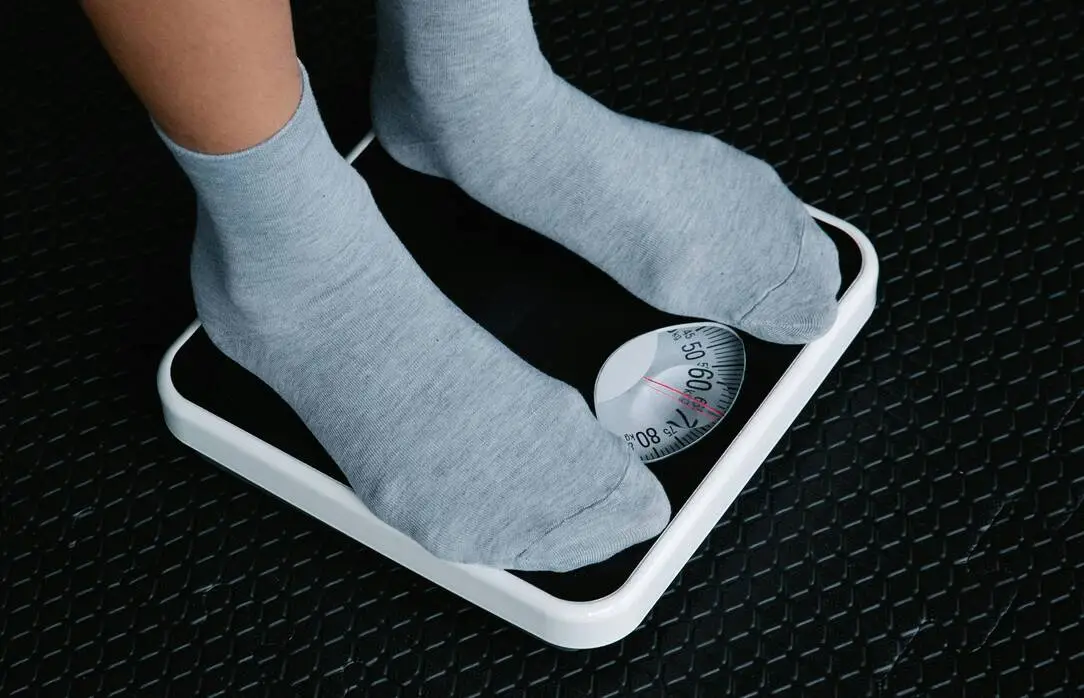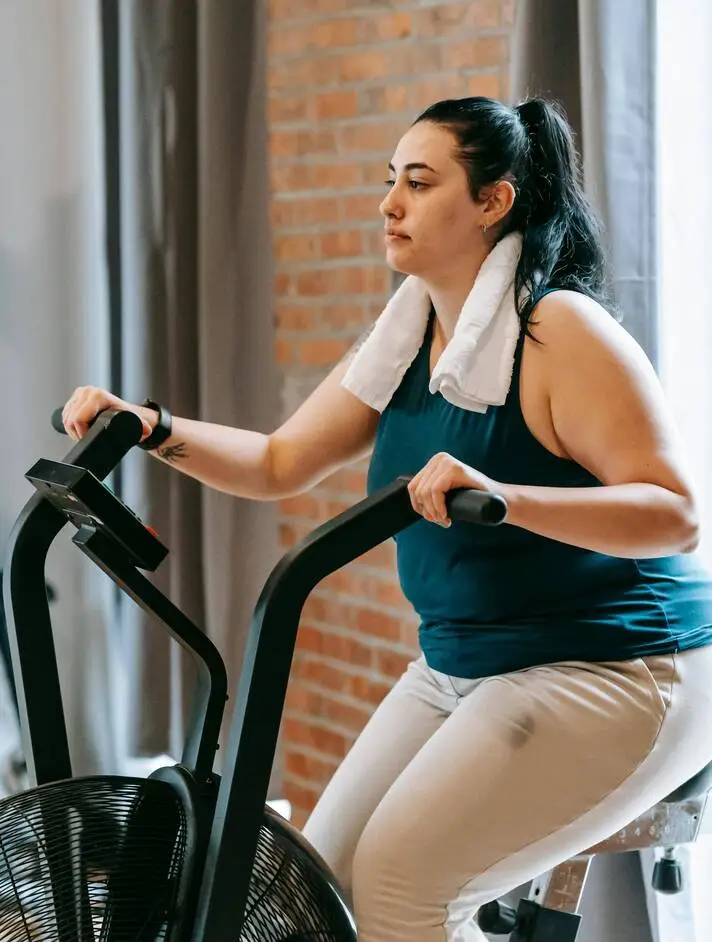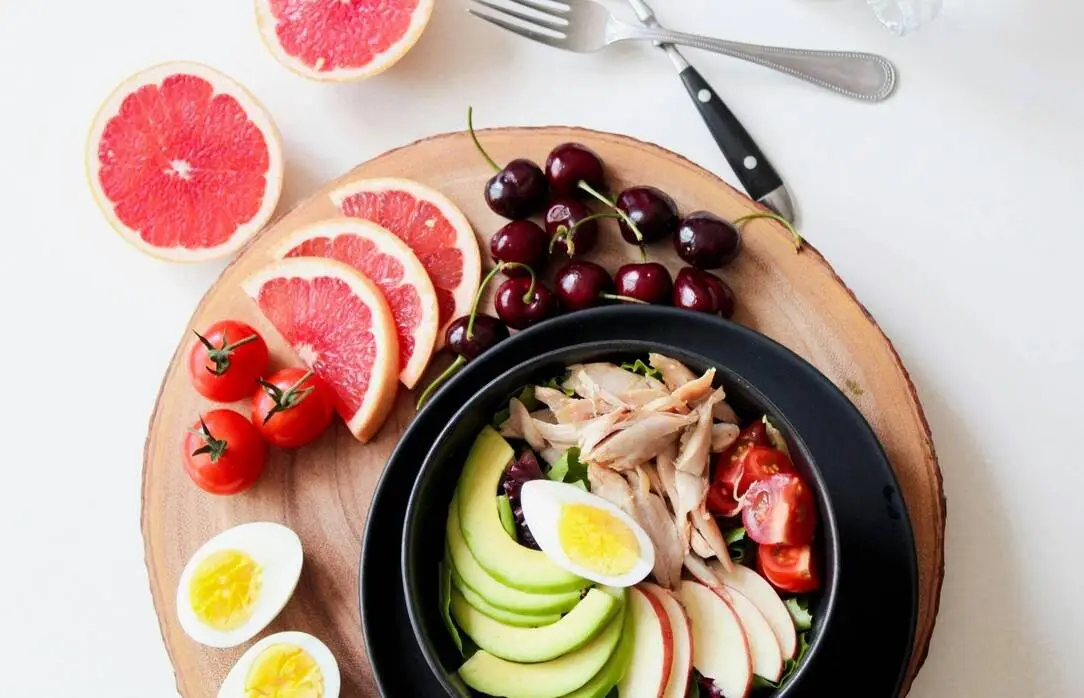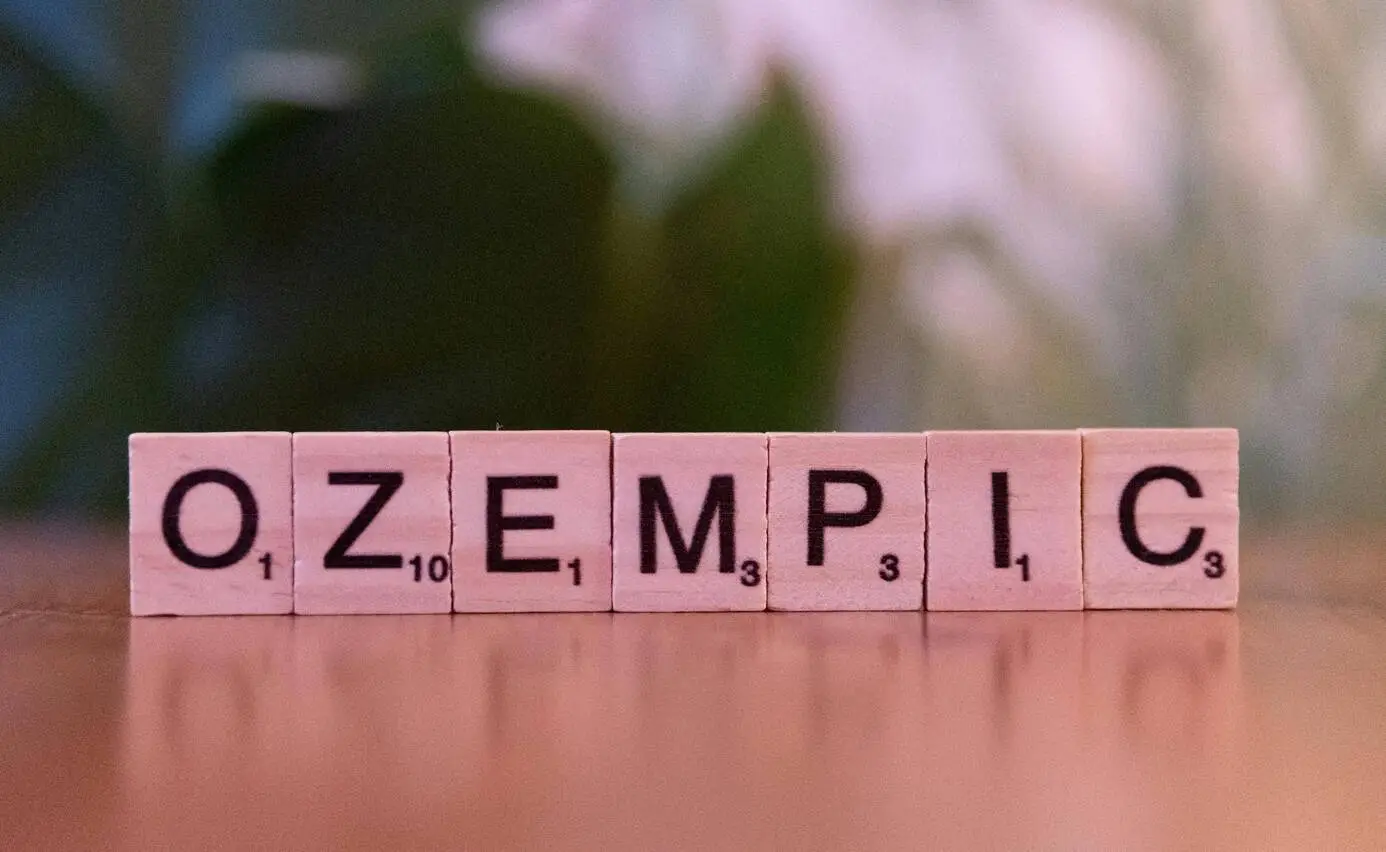making the right choice
Why are weight-loss medications such a hot topic?
Obesity is not just a personal struggle – it’s a global health challenge. Nearly one in three adults in the UK falls into the obesity category, which increases the risk of conditions such as type II diabetes, heart disease, joint issues and even some cancers. Understandably, when people saw how effective these medications were at reducing appetite and supporting weight loss, interest grew rapidly.In the UK, millions are now eligible for these medications through the NHS, and one in eight adults in the US has tried a GLP-1 drug. The research shows they work: clinical trials found that people using GLP-1s lost an average of 15–20% of their body weight – results that were once only achievable with surgery.
The benefits and the challenges

Alongside weight loss, these medications can help improve blood pressure, cholesterol, blood sugar levels and even reduce the risk of heart attacks and strokes. But they are not a “magic jab.”
One concern is that up to 40% of the weight lost can come from lean body mass, including muscle. Without exercise and good nutrition, this can slow down metabolism, reduce strength and make it easier to regain weight once the medication is stopped. In fact, studies show that most people regain a large proportion of lost weight if lifestyle changes aren’t in place.
Side effects you may have heard about
Most users experience some mild side effects such as nausea, constipation or “sulphur burps.” These usually improve over time with the right nutrition and lifestyle support. More serious side effects are rare, but ongoing research is exploring long-term impacts, such as on bone health.
Why lifestyle is still essential

Here are eight simple strategies to get the most out of any weight-loss journey, whether medication is involved or not:
- Eat regularly, even if appetite is low – focus on small, nutrient-dense meals.
- Prioritise protein – helps protect muscle and supports fullness.
- Add fibre – good for digestion, gut health and natural GLP-1 production.
- Choose healthy fats – such as olive oil, nuts and oily fish.
- Support your gut bacteria – through prebiotic-rich foods and fibre.
- Strength train twice a week – vital for preserving muscle.
- Get enough sleep – poor sleep can increase cravings and reduce GLP-1 response.
- Work on mindset – medications affect hunger, but not habits or emotional triggers.
What’s next?

At Champneys, whether you are use GLP-1 drugs or not we are committed to supporting our members with balanced, sustainable health solutions. Whether your focus is on weight loss, strength, energy, or simply feeling better in yourself, our team is here to help you find the right approach for your body and your goals.



























